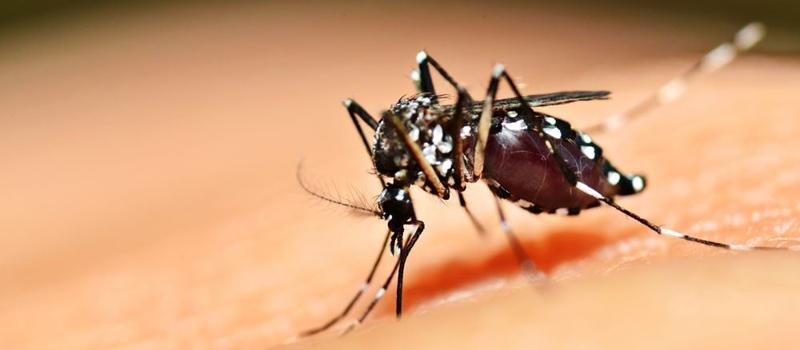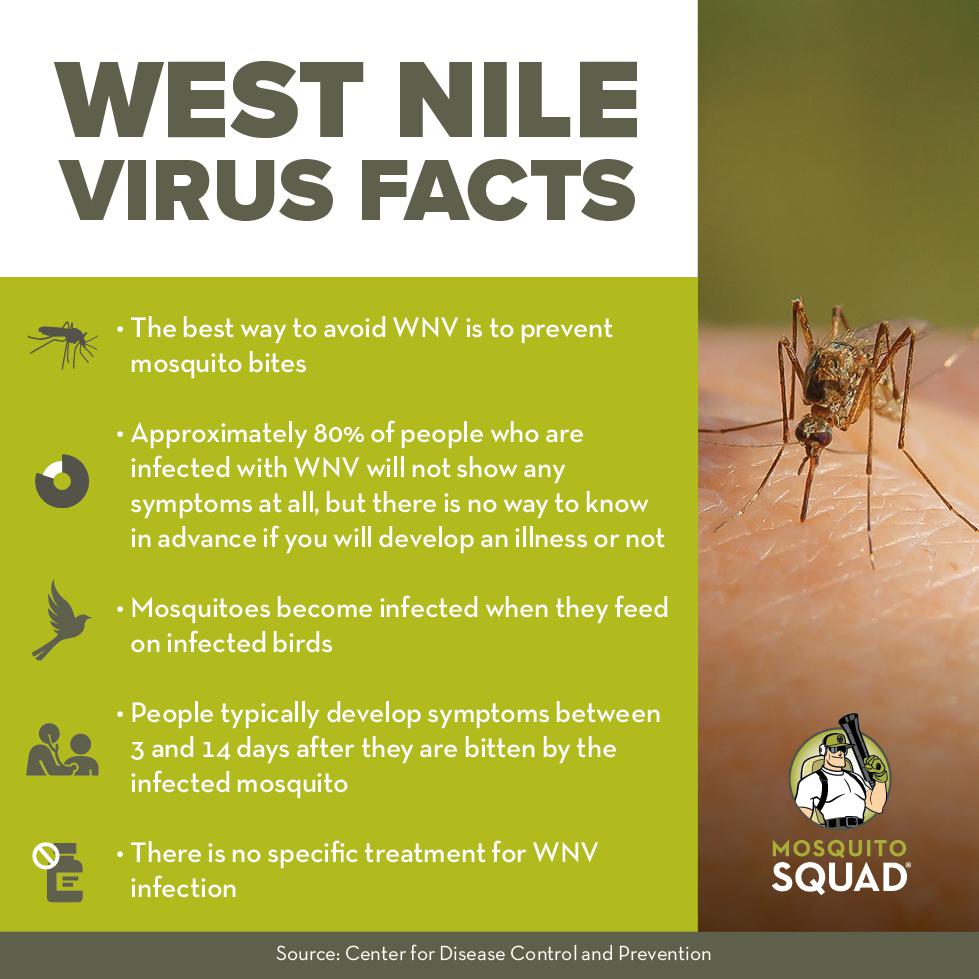How DC residents can take precautions against the West Nile Virus
Posted by Mosquito Squad
December 20, 2023
Washington, D.C., the vibrant capital of the United States, is known for its historical landmarks, thriving culture, and bustling urban life. However, D.C. faces its share of health challenges, like many other regions worldwide. One such concern is the presence of the West Nile virus (WNV), a mosquito-borne illness recurring in the city. This blog post will explore the West Nile virus, its impact on D.C., and the measures taken to combat this public health threat.
Understanding the West Nile Virus: The West Nile virus is a disease caused by a virus transmitted primarily through the bite of infected mosquitoes. It was first identified in Uganda in 1937 and gradually spread to other parts of the world, including the United States. The virus belongs to the Flavivirus genus, which includes other diseases like dengue fever, yellow fever, and Zika virus.
West Nile Virus in Washington, D.C.: Since it arrived in the United States in 1999, the West Nile virus has periodically affected various regions, including the nation's capital. Mosquitoes, particularly the Culex species, are crucial in transmitting the virus. Infected mosquitoes can transmit the virus to humans, birds, and other animals, creating a cycle of infection. While not all individuals infected with the West Nile virus develop symptoms, some may experience mild flu-like symptoms, such as fever, headache, body aches, and fatigue. However, in severe cases, the virus can cause neurological complications, including brain inflammation (encephalitis) or the membrane surrounding the brain and spinal cord (meningitis).
Prevention and Control Measures: The government and individuals have taken proactive measures to combat the West Nile virus spread in D.C. The Department of Health (DOH) collaborates with other agencies to monitor mosquito populations and conduct surveillance for West Nile virus activity. These efforts include identifying mosquito breeding sites, applying larvicides to control mosquito larvae, and conducting targeted mosquito spraying to reduce the adult mosquito population.
Additionally, public awareness campaigns play a crucial role in educating residents about the risks associated with the West Nile virus and how to protect themselves. Simple preventive measures, such as wearing protective clothing, using insect repellent, and eliminating stagnant water sources around homes, can significantly reduce the likelihood of mosquito bites.
The Future Outlook: While progress has been made in managing the West Nile virus in D.C., continued vigilance is necessary. With changing climate patterns and the potential for increased mosquito activity, authorities are focused on sustained surveillance, research, and community engagement to minimize the impact of the virus. The development of effective vaccines and antiviral treatments remains an area of ongoing research to combat the West Nile virus and its associated complications.
Washington, D.C. may be known for its political landscape and historical significance, but it faces public health challenges like any other region. The West Nile virus, a mosquito-borne illness, poses a threat to the residents of the city. However, with concerted efforts in mosquito control, public awareness, and ongoing research, the impact of the virus can be minimized. By staying informed, taking preventive measures, and supporting local health initiatives, the people of D.C. can continue to enjoy their vibrant city while safeguarding their health.

